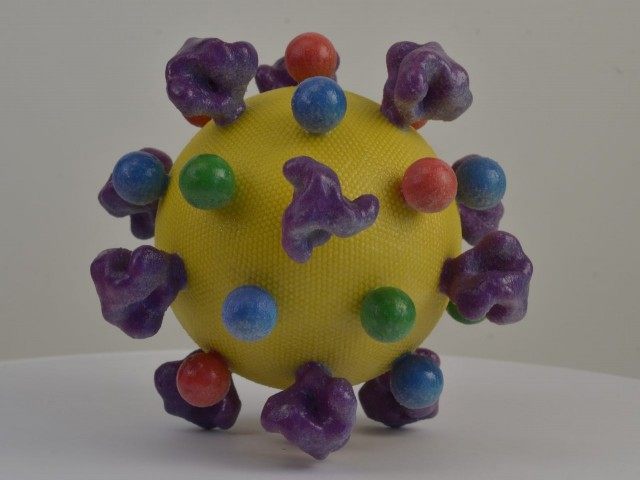A team of scientists from the San Diego area have discovered a possible shortcut in treating HIV and preventing AIDS.
The study, “Identification of Common Features in Prototype Broadly Neutralizing Antibodies to HIV Envelope V2 Apex to Facilitate Vaccine Design,” published in Immunity was co-authored by a team that includes researchers from Scripps Research Institute (TSRI), according to the San Diego Union-Tribune.
The group used a method that targeted a “weak spot” of the HI virus, testing four prototype antibodies against it. Taking the antibodies’ lead, researchers “mimicked the molecular structure of a protein on HIV when designing their own potential HIV vaccine candidate,” according to a statement by TSRI.
“A vaccine that elicits broadly neutralizing antibodies quickly could provide an effective shield against infection,” TSRI Research Associate Raiees Andrabi said, noting that the more typical, narrowly neutralizing antibodies are less effective in keeping up with the virus’s mutations.
“This [weak spot] region helps stabilize the virus, so it’s an important area to target if you want to neutralize HIV,” said Andrabi.
Several recent TSRI studies have shown the promise of prompting the immune system to develop antibodies that may neutralize many strains of HIV.
Follow Michelle Moons on Twitter @MichelleDiana

COMMENTS
Please let us know if you're having issues with commenting.